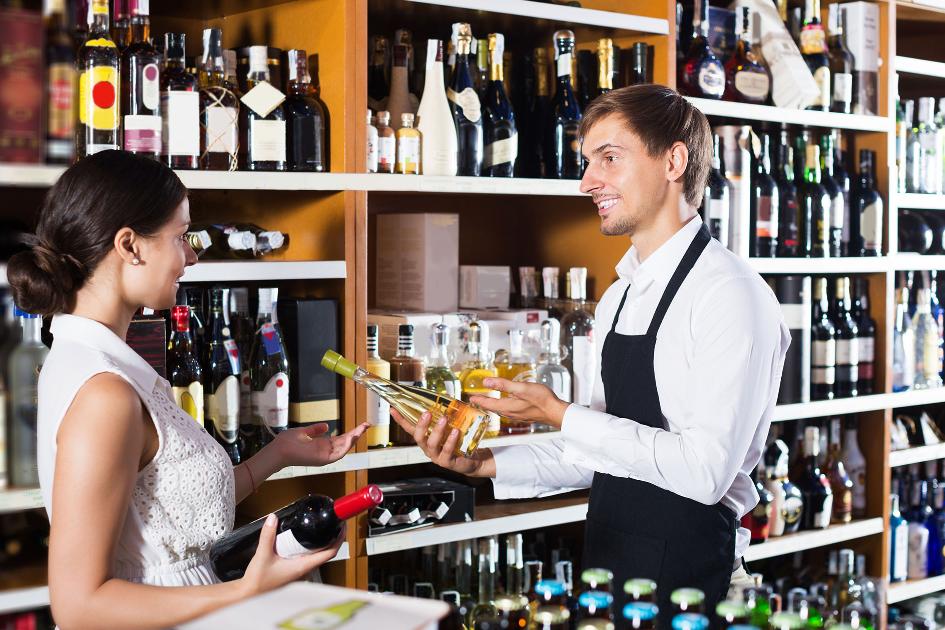If you’re planning to open an establishment in Johannesburg that serves alcohol, understanding how to secure a liquor license in Johannesburg is critical. Whether you’re opening a restaurant, bar, or retail store, you must follow specific steps to ensure you comply with the law. This guide breaks down the process for obtaining a liquor license, helping you navigate the legal requirements smoothly.
Types of Liquor Licenses
Before you begin the application process, it’s essential to understand the different types of liquor licenses available in Johannesburg. The most common types include:
- On-Consumption License: For businesses that allow customers to consume alcohol on the premises, such as bars and restaurants.
- Off-Consumption License: For stores that sell alcohol for customers to take home.
- Special Events License: Temporary licenses granted for one-off events like weddings, festivals, or corporate gatherings.
Determine the right license for your business based on the nature of your operations.
Steps to Obtain a Liquor License
Step 1: Prepare Your Documentation
Applying for a liquor license requires various documents. Commonly required items include:
- A certified copy of your South African ID or passport.
- Proof of residence.
- Zoning certificate and land use rights indicate that your premises are approved for selling alcohol.
- Premises’ floor plan.
- A tax clearance certificate from SARS.
- A business plan, detailing the nature of your business and its operational details.
Step 2: Submit Your Application
Submit your liquor license application to the Gauteng Liquor Board, either online or at their offices. You’ll need to pay a non-refundable application fee, and the process typically takes about three months to be approved, so be sure to apply well in advance.
Step 3: Public Notification
Once you submit your application, you’re required to publish notices in local newspapers and post a notice on the premises where alcohol will be sold. This step is designed to notify the community and give them a chance to raise any objections.
Step 4: Inspections and Approvals
An inspection of your premises will follow to ensure it meets all health and safety standards. Your liquor license will be granted if everything is in order and no objections are raised.
Final Thoughts
Securing a liquor license in Johannesburg is a necessary step for any alcohol-selling business. Following these guidelines ensures that your establishment operates legally and is set up for success.

